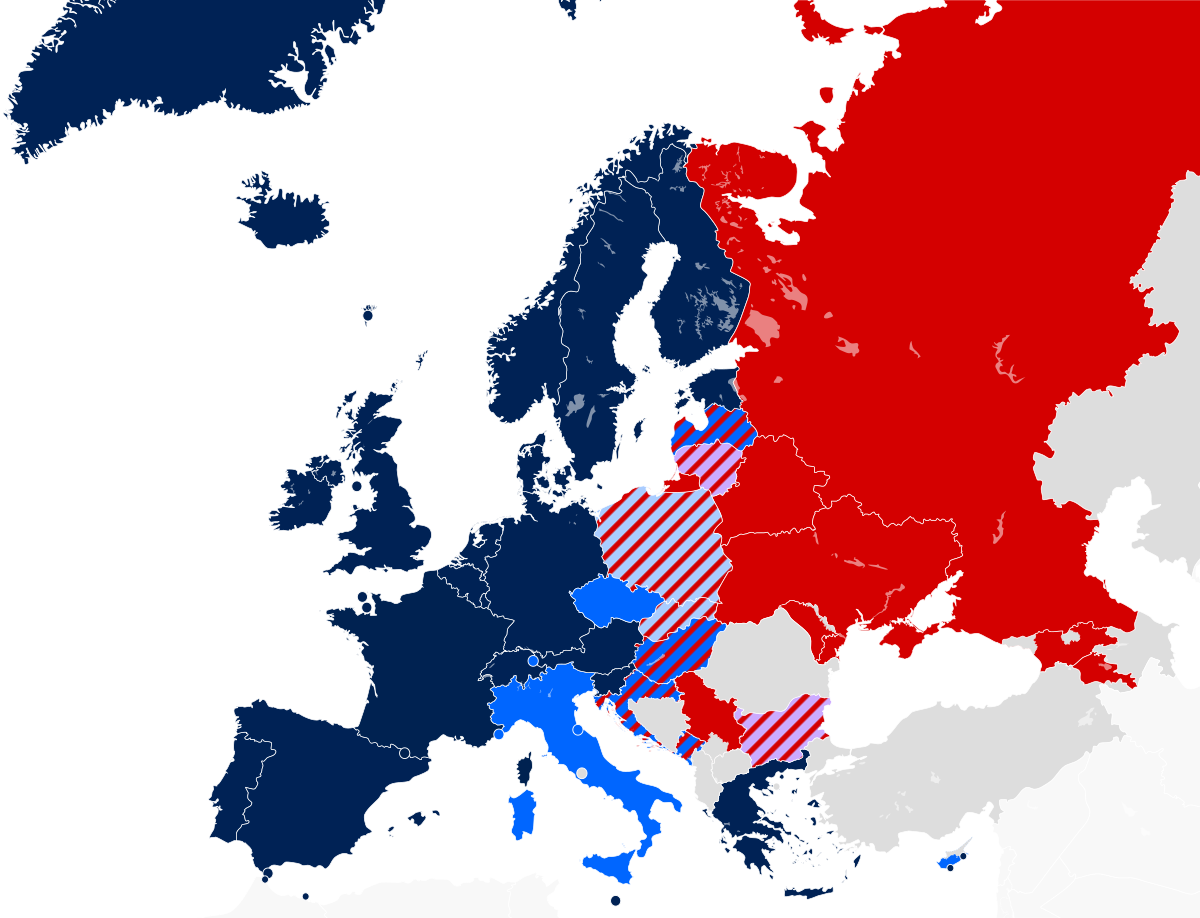 | ||
Andorra has established two registration schemes for same-sex couples: Stable union of a couple, on 23 March 2005 and Civil union, on 25 December 2014.
Contents
Stable union
In March 2005, the Principality of Andorra legalised the stable union of a couple.
This new law took effect without the signature of the episcopal co-prince Joan Enric, the current Bishop of Urgell. Although the co-princes are both Chiefs of State for Andorra, only a single signature is required to sanction and promulgate new laws, and to order their publication in the Principality of Andorra.
The relationship is called "unió estable de parella" - stable union of a couple.
Eligibility
The couple must not be related in direct line by consanguinity or adoption, or in the collateral line by consanguinity to the fourth degree. Both partners must be adults or emancipated minors; must not be already married or in an existing stable union; must live as a couple; and at least one partner must be a resident of Andorra or an Andorran national.
The process of registration
The couple must submit an application accompanied by the following documents: A sworn declaration of cohabitation; a copy of the current passport or identity document of both partners; a certificate of residency for each partner (Andorran nationals are exempt from this requirement); a private pact signed by both partners setting out property and personal relations arising from the relationship and the rights and obligations of the relationship; a sworn statement by two witnesses confirming the permanent nature of the cohabitation.
The stable union is registered six months after the declaration and is then entered into the Register of Stable Unions.
Rights and responsibilities
A couple in a stable union have legal rights and responsibilities including the obligation to support one another; the right to compensation and maintenance in the event of a break up; the same rights as spouses for the purposes of social security and employment law. It also recognises the right to adopt a child, subject to the same rules as a married couple according to the law of adoption. But the adoption law only recognises this possibility for heterosexual couples.
Dissolution
A stable union ends by the marriage of either party; the death of either party; a unilateral declaration by formal written notification notified to the other party; or a mutual declaration.
Civil union
On 2 June 2014, following an earlier announcement, the ruling Democrats for Andorra party introduced a bill to establish civil unions. After months of consultation, the proposed civil unions would be equal to marriage in everything but name as the word "marriage" was one of the biggest causes of the Democrats for Andorra voting no on the failed same-sex marriage law. The Civil Union law would give gay couples joint adoption rights. On 27 November 2014, the bill passed on a vote of 20 to 3 with several abstentions.
On 24 December 2014, the bill was published in the official journal, following promulgation by co-prince François Hollande as signature of one of the two co-princes was needed. It took effect on 25 December 2014.
Same-sex marriage
On 21 April 2009, Jaume Bartumeu, leader of the Social Democratic Party, announced that, if the party won the 2009 elections, it would open up the debate on same-sex marriage in Andorra. The Social Democrats won the election and Bartumeu became Head of Government. Nevertheless, no clear commitment was subsequently given over whether, and when, same-sex marriage would be legalised. The Social Democratic Party did not have an outright majority in parliament however, and their agenda was stymied. This led to early elections called for 2011. General elections were held on 3 April, and the Social Democratic Party was defeated by the Democrats for Andorra, with Antoni Martí becoming Prime Minister.
In January 2013, the Andorran Superior Court of Justice granted Social Security survivor's benefits to Juan García Pérez, who had married his late husband in Spain, but had never applied for domestic partnership status in Andorra.
On 31 March 2014, the Social Democratic Party introduced a bill to legalize same-sex marriage. On 29 May 2014, the bill was rejected by the parliament.
Local LGBT rights groups have denounced a 2014 Civil Union law as discriminatory and still full of legal deficiencies despite the Democrats For Andorra labeling the law "marriage in everything but name". The groups have proposed legal action to obtain the right to marry.
